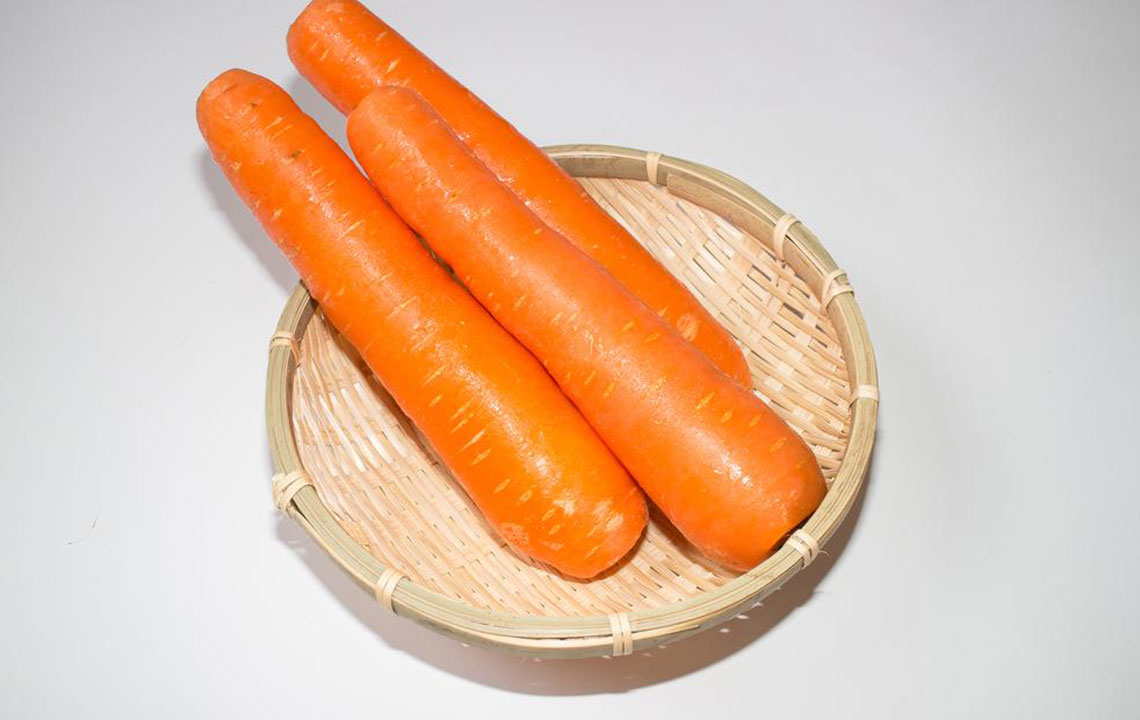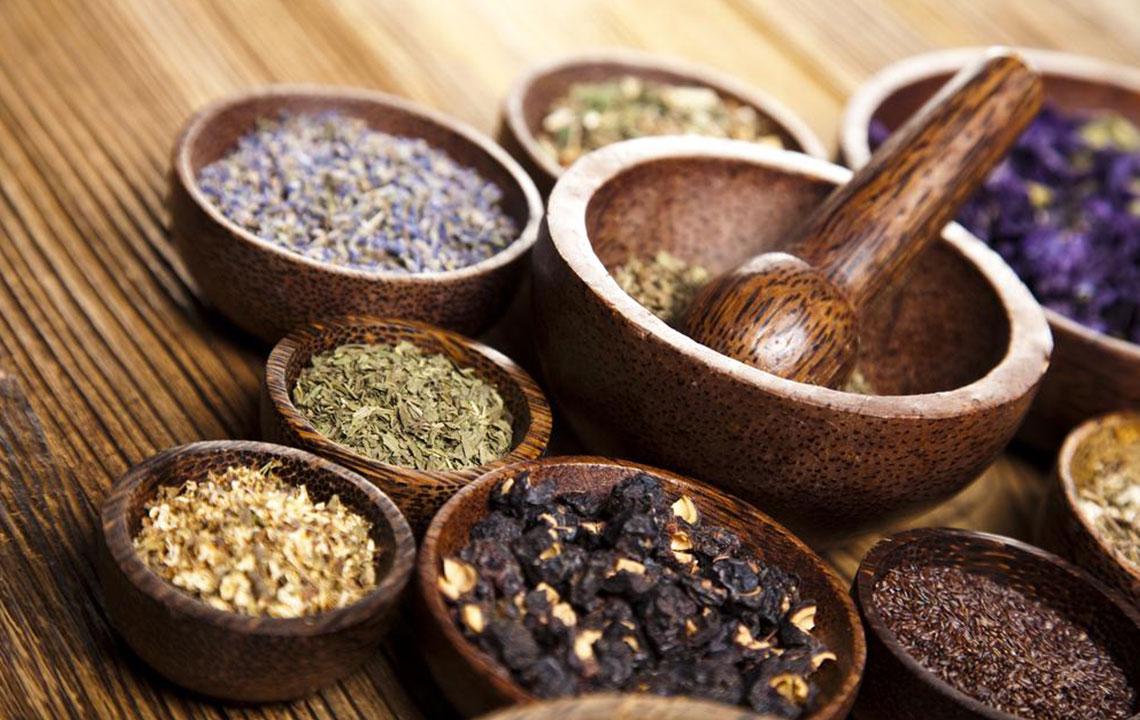Effective Natural Methods to Lower Cholesterol and Promote Heart Health
Discover comprehensive natural methods to lower cholesterol effectively through diet, exercise, and lifestyle changes. Learn about nutrient-rich foods like avocados, brown rice, garlic, and fatty fish, and how incorporating them into your daily routine can improve your heart health. This guide emphasizes consistency, patience, and healthy habits to achieve sustainable cholesterol management and promote overall cardiovascular wellness.

Comprehensive Natural Approaches to Reduce Cholesterol Levels
High cholesterol levels are a common concern that can increase the risk of cardiovascular diseases. If recent blood tests indicate elevated cholesterol or blood pressure, healthcare providers often recommend lifestyle modifications, including dietary changes and increased physical activity. Making informed choices about your lifestyle can significantly impact your cholesterol levels and overall heart health. This article explores effective natural strategies that can help lower cholesterol naturally, emphasizing diet, exercise, and lifestyle habits.
Implementing regular physical activities such as walking, jogging, or high-intensity interval training (HIIT) tailored to your fitness level can improve lipid profiles. Dietary modifications are equally vital; incorporating specific foods that naturally lower cholesterol can enhance your efforts and promote better cardiovascular health. Creating sustainable habits centered around nutritious foods and active living can lead to lasting improvements. Let’s delve into a comprehensive list of foods and lifestyle practices that can assist you in reducing your cholesterol levels effectively.
It’s important to understand how these natural methods work and integrate them into your daily routine for maximum benefit. Consistency and patience are key factors in achieving and maintaining healthy cholesterol levels. Together, through mindful eating and regular activity, you can take control of your heart health and work towards a healthier, cholesterol-balanced future.
Avocado:
Avocado is renowned for its rich content of fiber, oleic acid, and healthy monounsaturated fats, all of which contribute to improving your cholesterol profile. This nutrient-dense fruit helps raise HDL (good cholesterol) levels while simultaneously lowering LDL (bad cholesterol). You can incorporate avocado into your diet by adding sliced avocado to salads, spreading it on toast, or enjoying it as a raw snack. Its creamy texture and health benefits make it a versatile addition to a heart-healthy diet.
Brown Rice:
Replacing white rice with brown rice is a simple yet powerful dietary shift. Brown rice retains its bran layer, making it a superior source of essential nutrients such as B vitamins, magnesium, selenium, and phytonutrients. Consuming about one cup of cooked brown rice daily can provide approximately 14% of your daily fiber requirement, which aids in managing cholesterol levels. Its inclusion promotes better digestion and supports overall cardiovascular health.
Cinnamon:
Known for its ability to regulate blood sugar and reduce triglycerides, cinnamon also plays a role in maintaining cholesterol balance. Just half a teaspoon daily, added to tea, oatmeal, or smoothies, can positively influence your lipid profile. Its antioxidant properties further contribute to heart health and overall wellness.
Garlic:
Garlic contains a compound called allicin, which has been shown to significantly reduce LDL cholesterol levels. Including raw garlic cloves in your daily diet can lead to reductions in total cholesterol by up to 12%. Whether added to salads, spreads, or cooked dishes, garlic is a natural, flavorful way to support your cardiovascular health.
Green Tea:
Drinking green tea regularly offers numerous health benefits, including improvements in lipid profiles. It is calorie-free and supports weight management, which is crucial for cholesterol control. Green tea consumption has been linked to reductions in LDL cholesterol and boosts in HDL cholesterol, contributing to a healthier heart.
Broccoli:
This nutrient-rich vegetable is high in dietary fiber, which binds to bile acids in the digestive system and promotes their excretion. This process helps lower LDL cholesterol levels. Broccoli can be enjoyed raw in salads, steamed, or sautéed as a side dish. Regular consumption supports cardiovascular health through its antioxidant and fiber content.
Fenugreek Seeds:
Fenugreek seeds have been shown to reduce LDL cholesterol and triglycerides when incorporated into a routine diet. Their high soluble fiber content aids in cholesterol reduction and overall lipid management. Incorporate fenugreek seeds into your meals by adding them to curries, smoothies, or soaking them to enhance digestion.
Fruits:
Fruits such as apples, oranges, and pomegranates are excellent sources of dietary fiber, antioxidants, and phytonutrients that aid in lowering cholesterol. Regular fruit intake supports heart health by reducing oxidative stress and improving lipid profiles. Aim to include at least one serving of fruit daily as part of your balanced diet.
Nuts and Seeds:
Flaxseeds, almonds, and walnuts are rich in dietary fiber, omega-3 fatty acids, and plant-based proteins. These foods help improve cholesterol levels by lowering LDL and increasing HDL. Use nuts and seeds as snacks or add them to cereals, yogurts, and salads. Avoid fried, salted, or sugared varieties to maximize health benefits.
Tomatoes:
Tomatoes are a rich source of lycopene, a powerful antioxidant linked to lower LDL cholesterol levels. Consuming fresh, cooked, or pureed tomatoes without added fats or sugars enhances lycopene absorption. Incorporate tomatoes into salads, sauces, or soups to support your heart health.
Colorful Vegetables:
Vegetables like bell peppers, spinach, eggplant, and okra provide a diverse array of fiber, minerals, and antioxidants. These nutrients work together to reduce inflammation and oxidized LDL, promoting cardiovascular health. Include colorful vegetables in your meals regularly, prepared through steaming, grilling, or sautéing without excessive oil or fats.
Fish:
Fatty fish such as salmon, mackerel, sardines, and herring are rich in omega-3 fatty acids, which help reduce triglycerides and raise HDL cholesterol. Aim for 1-2 servings of omega-3-rich fish weekly, prepared through healthy methods like grilling, steaming, or baking. Consuming fish regularly supports a heart-healthy lipid profile and reduces cardiovascular risk.
By integrating these natural foods and lifestyle habits—along with consistent physical activity—you can effectively manage and lower your cholesterol levels within a few weeks. Patience, discipline, and dedication are essential for long-term heart health and prevention of cardiovascular diseases. Embracing a holistic approach that combines diet, exercise, and healthy habits offers the best pathway to achieving optimal cholesterol levels and enjoying a healthier life.





